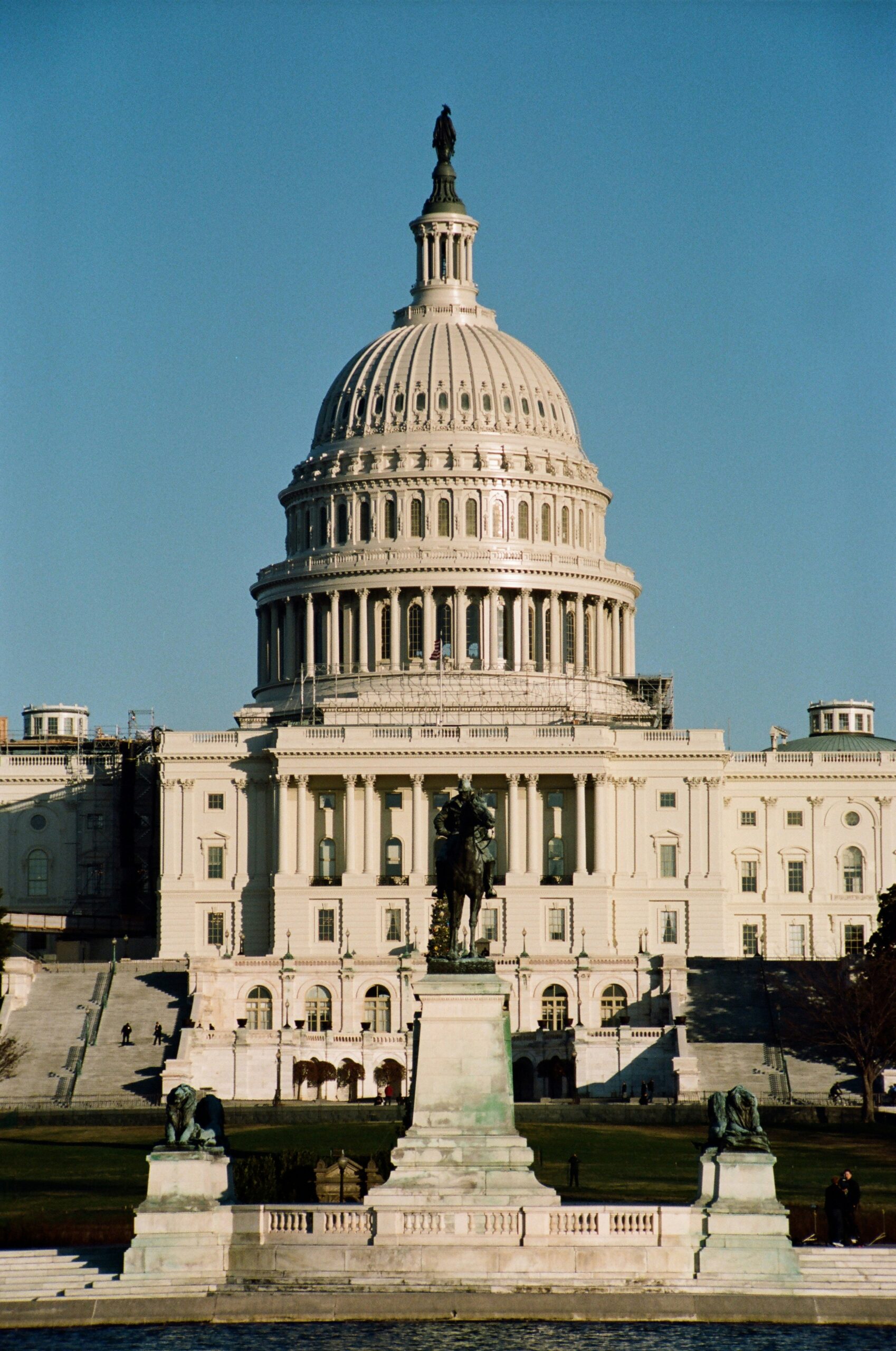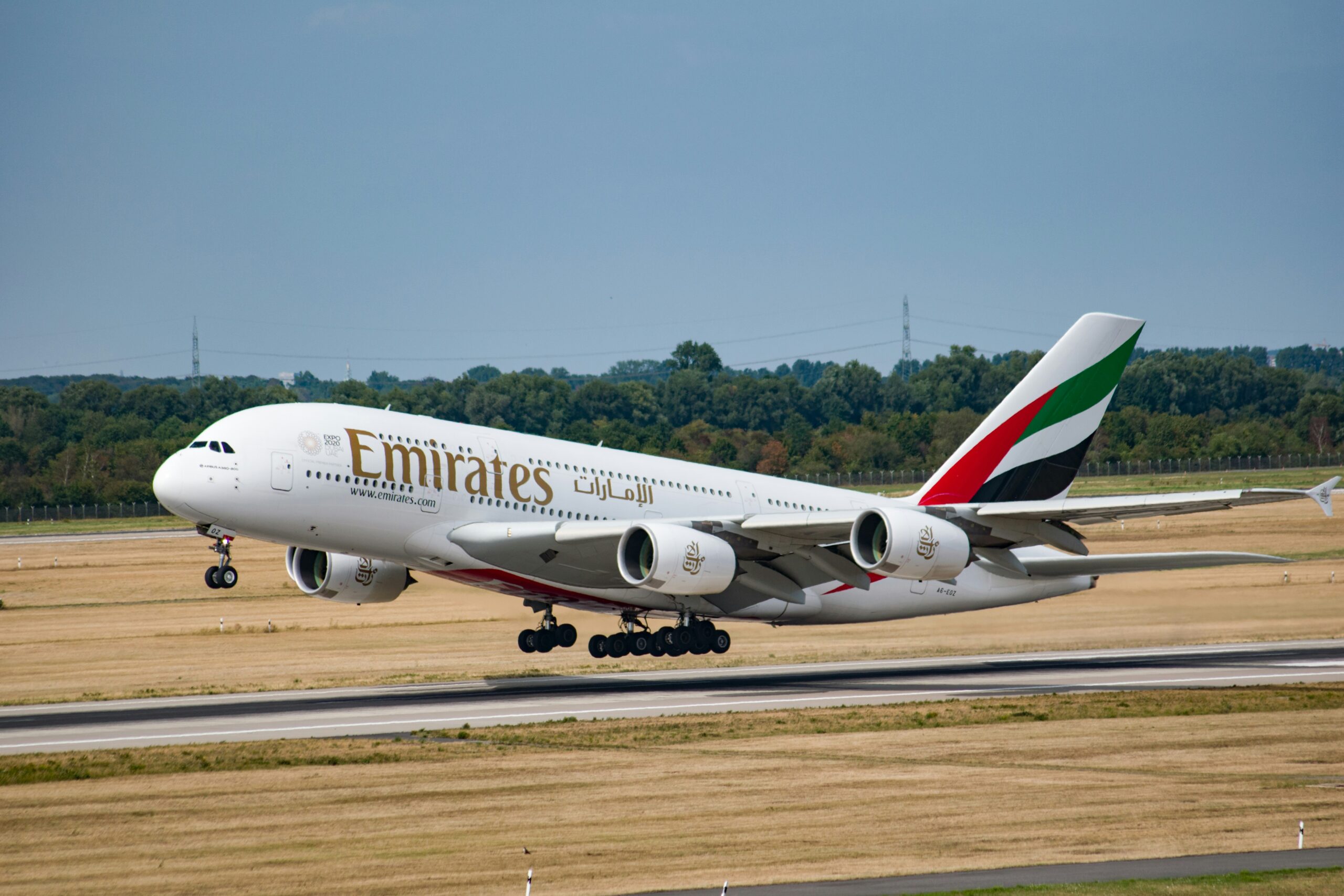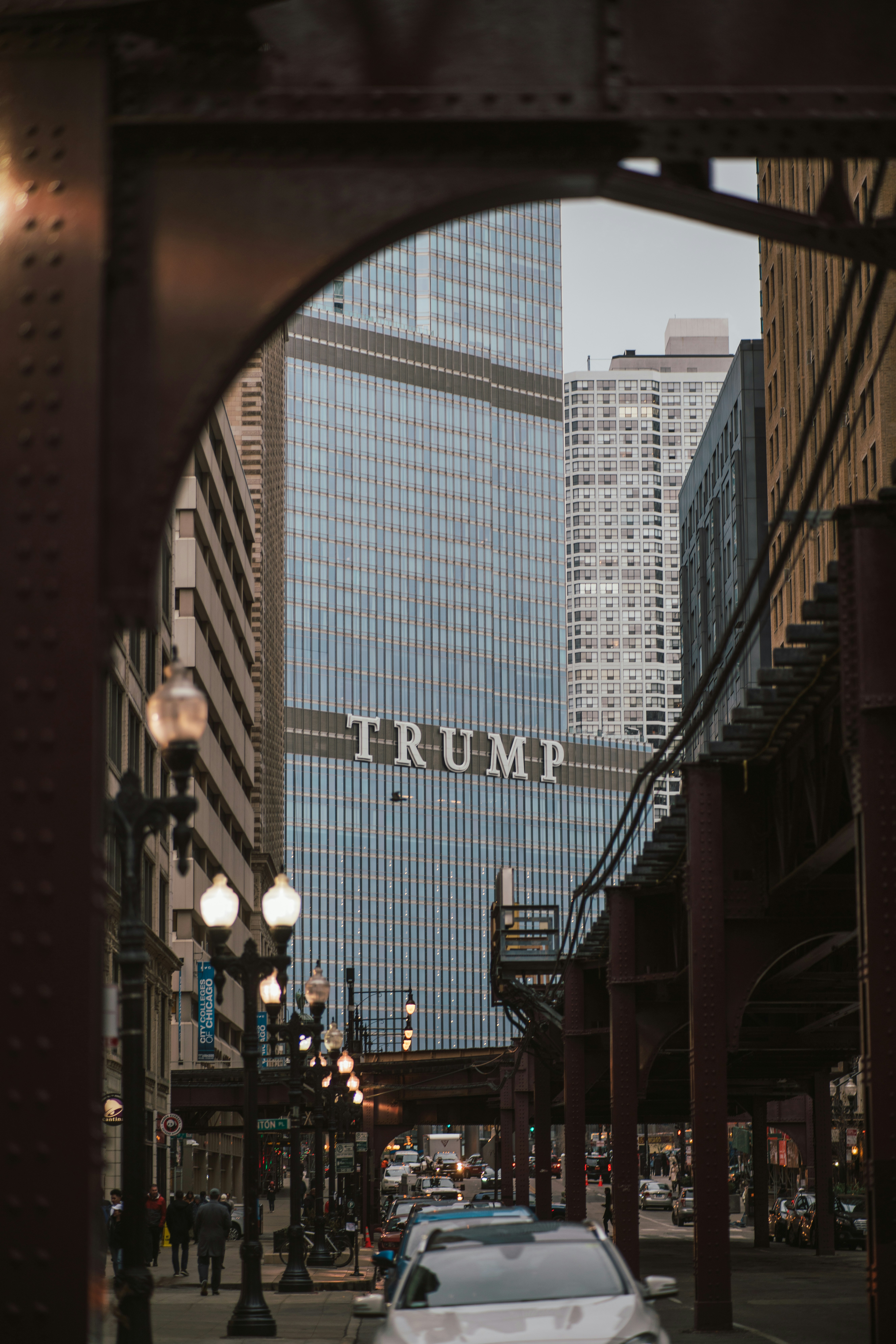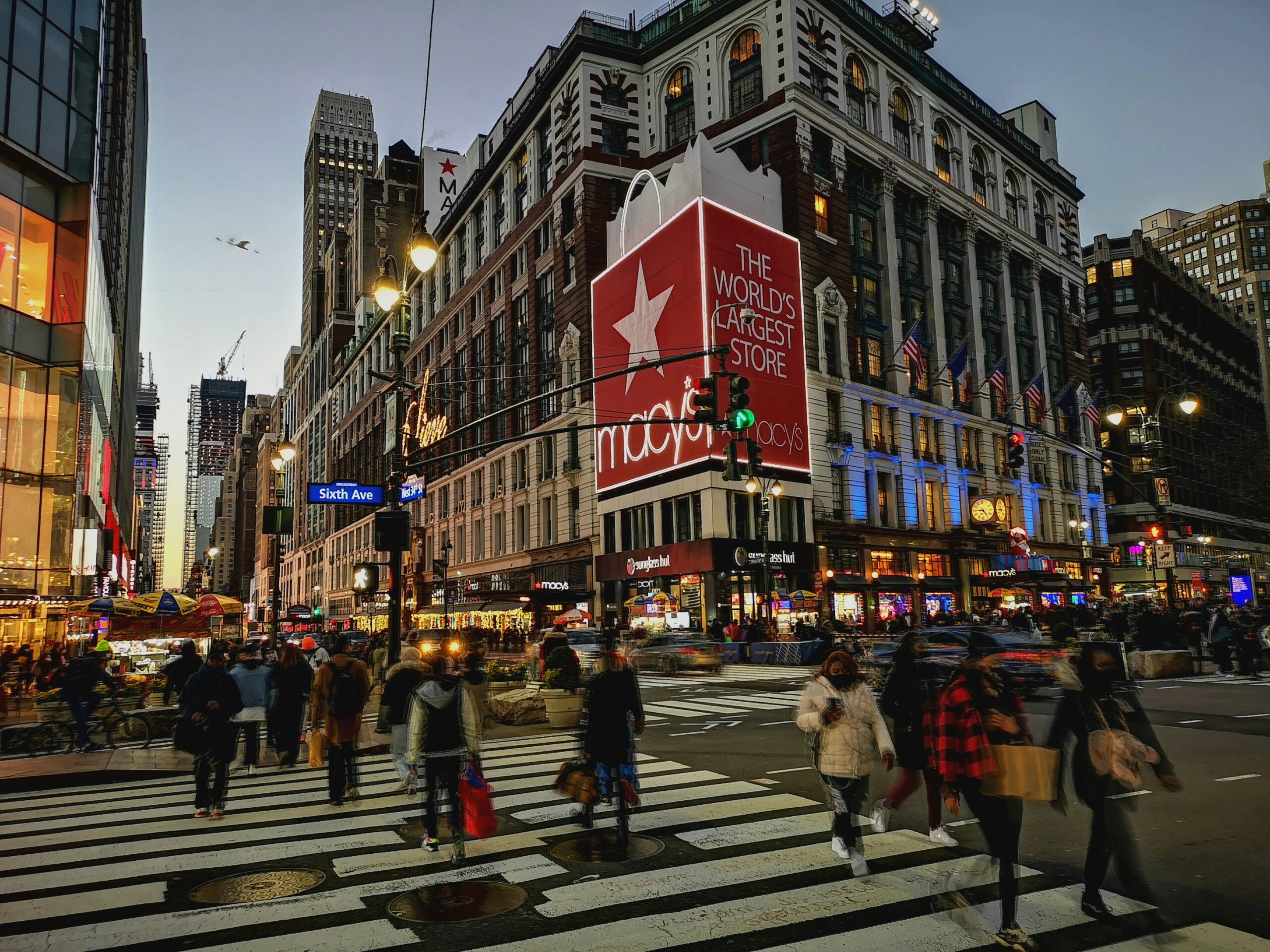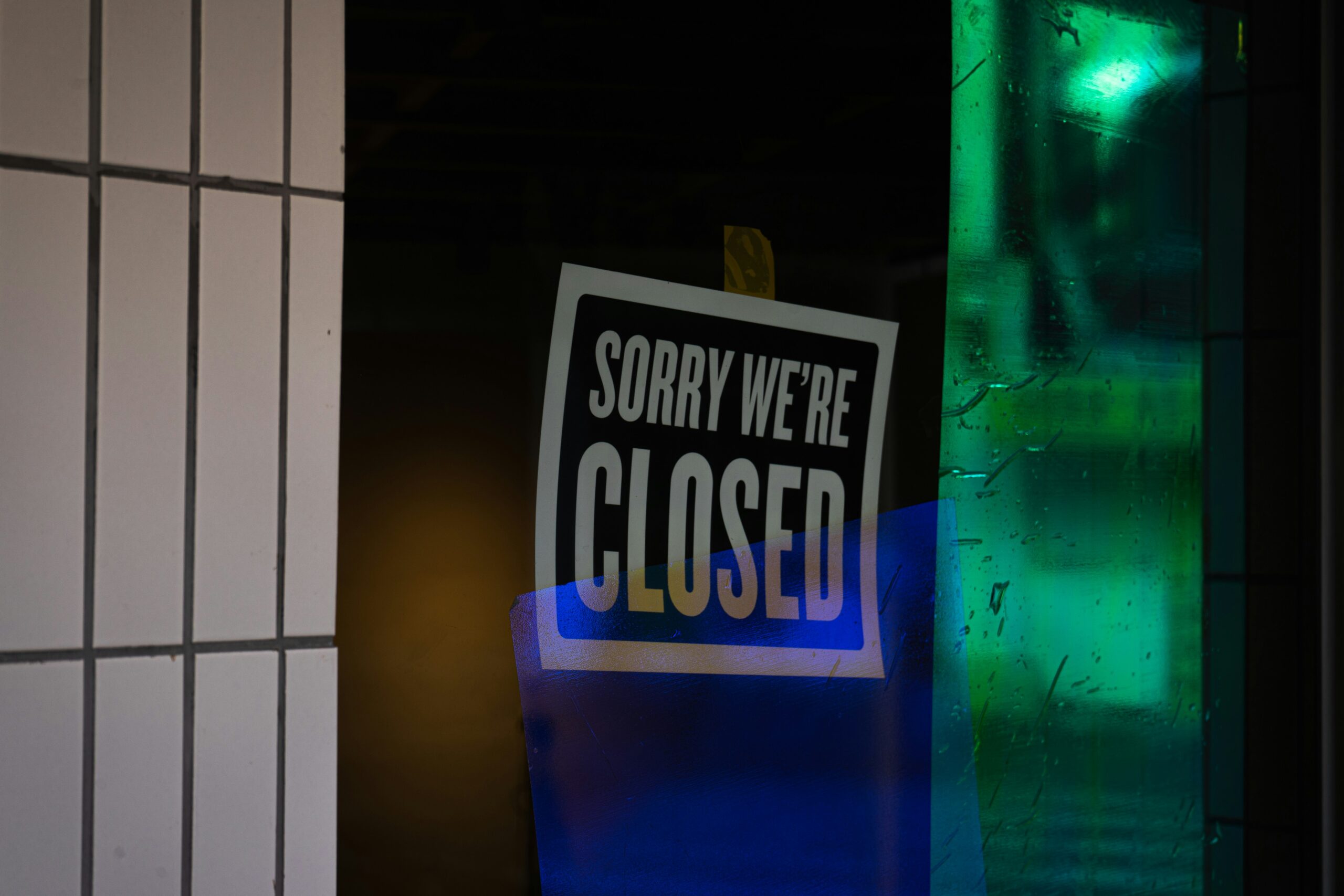Image credit: Pexels
Tax increases have well-to-do British citizens and business people worried enough to leave the nation.
Wealthy business persons and fortunate subjects continue to exit Britain as worries raised by a series of proposed tax increases highlight the new Chancellor of the Exchequer, Rachel Reeves’s budget, which is expected to be delivered on October 30.
In response, prominent members of the country’s financial and business industries have packed their bags and left en masse as economic insiders express fears that the Chancellor’s actions could damage the nation’s capacity to achieve more significant economic growth.
Recently elected Prime Minister Keir Starmer cautioned his fellow citizens that Britain’s wealthiest citizens would be forced to shoulder the burden of remedying its struggling economic state.
Who Is Leaving and Why?
Ceri Vokes, a partner with the law firm Withers Worldwide, who works with business people and private inquiry firms, claimed that several of her more well-endowed clients have taken up residence elsewhere.
“People with hundreds of millions of pounds are leaving because such changes can be more impactful for them,” Vokes said.
The most likely to abandon ship typically include successful entrepreneurs and private equity firm executives comprising the country’s upper-income brackets, with the United States, Italy, the United Arab Emirates (UAE), and Switzerland as the most preferred landing spots.
“Ever since Rachel Reeves started talking about a fiscal black hole, my wealthy non-dom and domiciled clients have been looking for the other shoe to drop,” said David Lesperance, the CEO of the advisory firm Lesperance and Associates.
Brett Hoberman, the founder of Lastminute.com and Founders Forum, said that entrepreneurs are adaptable and tend to be mobile.
“Many of them will leave, or maybe even worse, not come back to the United Kingdom if they aren’t creating entrepreneur-friendly policies,” Hoberman said.
Reeves’s tax increases have caused severe trepidation.
“Even businesses that are pro-Labour are pissed off with the rhetoric,” said the chief of a British investment firm.
Concerns over capital gains tax increases stand front and center on the list of worries. Tim Stovold, who heads the accounting firm More Kingston Smith, said people are horrified at the thought of potential capital gains tax hikes. He also mentioned that numerous entrepreneurs have told him they plan to sell their businesses sooner than anticipated.
Capital gains taxes are charged following the sale of an appreciable asset such as real estate, property, or financial holdings like stocks and bonds based on factors like income.
British economists fear that heightened capital gains taxes might keep potential entrepreneurs away from their country or prevent former business people from returning, which could cost the nation thousands of jobs in the not-too-distant future.
Billionaire Tory donor Lord Spencer, a business tycoon who gifted 250,000 pounds to former Prime Minister and current leader of the Conservative Party Rishi Sunak, said that few, if any, nations succeed economically by thinking a model of high taxes and high spending will equate to high growth.
Contingency Plans
Many of Great Britain’s business community members have developed contingency plans to protect their assets before anticipated tax hikes.
“Lots of entrepreneurs are trying to get their deals done and I can see the same thing happening as Brexit where there was so much dealmaking going on before it came,” said a prominent English banker.
Additionally, many businesses have chosen to change ownership. Moreover, some investors have begun using what is known as the bed and breakfast method, which involves selling a company’s shares and repurchasing said holdings in 30 days to avoid higher future tax burdens. Certain entities have also taken to instituting ownership trusts where those possessing shares sell their holdings to employees exempt from capital gains taxes.














































